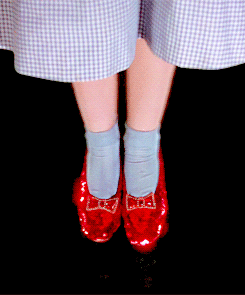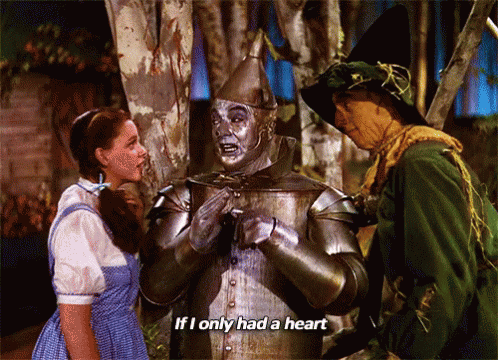(A,B) By mid-february, I was growing comfortable with my rhetorical analysis and arguments. I learned a style and stuck with that style, writing each essay in a similar manner and overall, playing it pretty safe. My grades were stagnant, and while they were good, I craved progression. Taking a risk in writing seemed like the only way to improve, but the thought of straying from what I knew was terrifying.
(E) However, I continued to grow more sick of my cookie-cutter format. While it seemed to work for me grade-wise, something ached inside of me to just take a leap of faith and do something different- something brave and abnormal. Luckily for me, the curriculum was far from being done, and there was another storm brewing in the distance.
Enter: Synthesis
(C) Having written some DBQs in previous classes, this type of essay appeared to be the least intimidating of the three on the exam. I was excited to write an argument in which the documents, and thus main points, were given to me. Easy, right?
That’s what I thought, until What Makes a Man.
Complete and utter failure.
I took a risk by structuring my first synthesis in a new, unusual way, and it was… humbling.
My thesis read, “Opinions and ideas are fluid, and thus constantly reform and alter into entirely new ideals. The same principle applies to what it means to be a man. Hence, what makes a man is the ability to alter and adapt according to change.”
Yeah…
Even I have trouble deciphering what I was trying to write here. I do believe it was courageous to take a risk and flip the question on it’s head, and if anything, the 5 I received allowed me to look back on my writing style and adapt.
I am so, so glad that I fell on my face on this essay.
(E,C) The best successes come from the worst failures, and thus What Makes a Man created a foundation for my synthesis writing. (E) I realized the courage required to take a risk and respond to a prompt in an abnormal way is not necessarily the best kind of courage- especially when the essay is a type I’ve never attempted before. The real test of courage was whether or not I could come back from such a failure and continue to improve. The Library synthesis was my chance to prove that I had that courage.
Total breath of fresh air.
Now, to be fair, this synthesis was written after we learned how to write synthesis, so it would probably be concerning if my grade went down, but hey, let me have my moment.
(C) DBQs and Synthesis are entirely different entities. Although they share a similar format, their content could not be any farther apart. (B) A synthesis is an argument, and it took me a while to realize that writing one isn’t solely about incorporating sources, but rather how well sources could be incorporated to persuade and create flow. (A)The grandest epiphany I experienced in Lang was the moment I realized why we wrote rhetorical analysis first. (Yeah, Ms.McMahon knows what she's doing...) Identifying rhetorical devices in the works of other people was the only way to know how to use them in my own works. (B) Argument allowed me to explore how persuasive I could be under my own rules and creativity. (C) However, synthesis took what rhetorical analysis taught me and forced me to incorporate it creativity when the information I had to use was given and not of my own creation.
(C,E) My original hesitance and ignorance towards the synthesis essay was unarguably a large part in that 5, but the courage it took to take that original risk and then adapt to a new point and an entirely new style outweighed the grade by far










